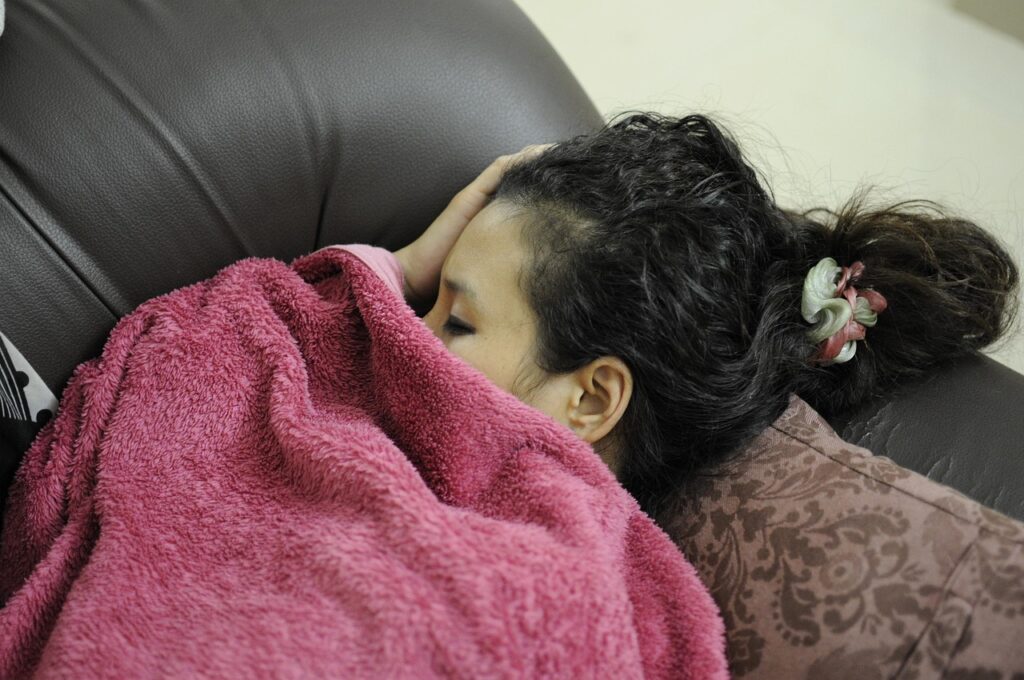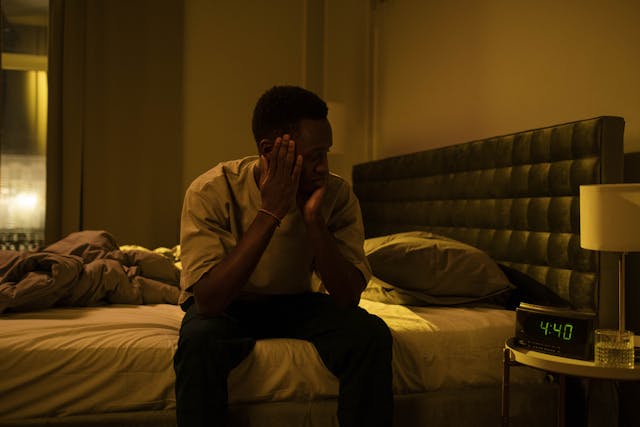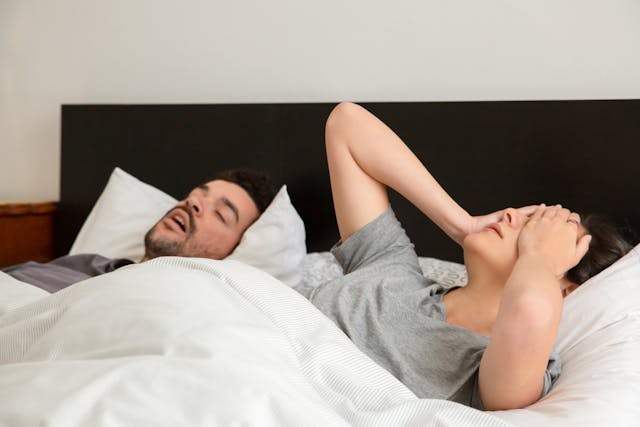
Undergoing a hip replacement can feel like emerging from a long, challenging journey into newfound freedom—until you realize that restful nights remain elusive. If you’ve recently traded in your worn-out joint for a shiny new implant, you may find yourself tossing and turning instead of enjoying a peaceful slumber. But why does this happen? In this blog post, we’ll explore the surprising connection between hip replacement surgery and sleep disturbances, shedding light on the factors at play. From pain management to recovery challenges, we’ll guide you through understanding these issues and discovering strategies to reclaim those precious hours of rest. Join us as we navigate this complex terrain together.
Why Sleep Gets Messed Up After Surgery
Right after hip surgery, your body is busy healing—a process that takes energy, and sometimes pain. Both of these can throw a wrench in your ability to fall asleep and stay asleep. Pain is an obvious culprit. Even with medications, soreness and discomfort might keep you awake or wake you up multiple times during the night. Then there’s the fact that your usual sleep positions might be off-limits because of surgical restrictions. If you’re used to sleeping on your side or stomach, suddenly being told to lie flat on your back or avoid certain movements can feel super frustrating. Add in hospital routines—lights, noises, nurses checking on you—and it’s no wonder sleep feels impossible in the days right after surgery. Even after you get home, all these changes can linger, turning into a quiet epidemic of sleep problems that impact your mood, energy, and healing.

Tips to Help You Sleep Better After Hip Replacement
The good news? There are plenty of things you can do to improve your sleep, even if your body is still recovering. First, managing pain well is key. Talk with your doctor about your pain levels and whether your medication schedule needs adjusting. Sometimes, timing your meds right before bed can make a huge difference. Second, create a comfy sleep environment. Use pillows to support your hip and keep it in a safe position while you sleep. A wedge pillow or body pillow can help you stay comfortable without putting strain on your new hip. Try to keep a consistent bedtime routine. Even if you’re not feeling tired, try to go to bed and wake up at the same time each day. Avoid screens and caffeine close to bedtime, and do something relaxing like reading or listening to calming music. If you’re struggling with anxiety or racing thoughts about your recovery, mindfulness exercises or deep breathing can help calm your mind before sleep. You may be surprised that dressing comfortably after hip replacement can also lead to better sleep.
Why Good Sleep Matters for Recovery
Sleep isn’t just about feeling rested. It’s a key player in healing. When you get quality sleep, your body releases growth hormones that repair tissues, reduce inflammation, and boost your immune system. Poor sleep, on the other hand, can slow down healing, increase pain sensitivity, and even affect your mental health. So those restless nights don’t just make you cranky—they can make your recovery take longer or feel tougher than it needs to. That’s why addressing sleep disorders after hip surgery should be part of your recovery game plan.

When to Ask for Help
Sometimes, sleep problems after surgery don’t go away on their own. If you’re still having trouble sleeping weeks or months after your hip replacement, or if you feel excessively sleepy during the day, it might be time to talk to your healthcare provider. They can help figure out if something else—like sleep apnea or medication side effects—is at play and recommend treatments or specialists. Recovering from hip replacement surgery is a big adjustment, and sleep troubles are a surprisingly common part of the journey. But with a little patience and the right strategies, you can tackle those restless nights and give your body the rest it needs to heal well. If you’ve had hip surgery and dealt with sleep struggles, what helped you? Share your tips or questions below—let’s support each other through recovery, one good night’s sleep at a time.
